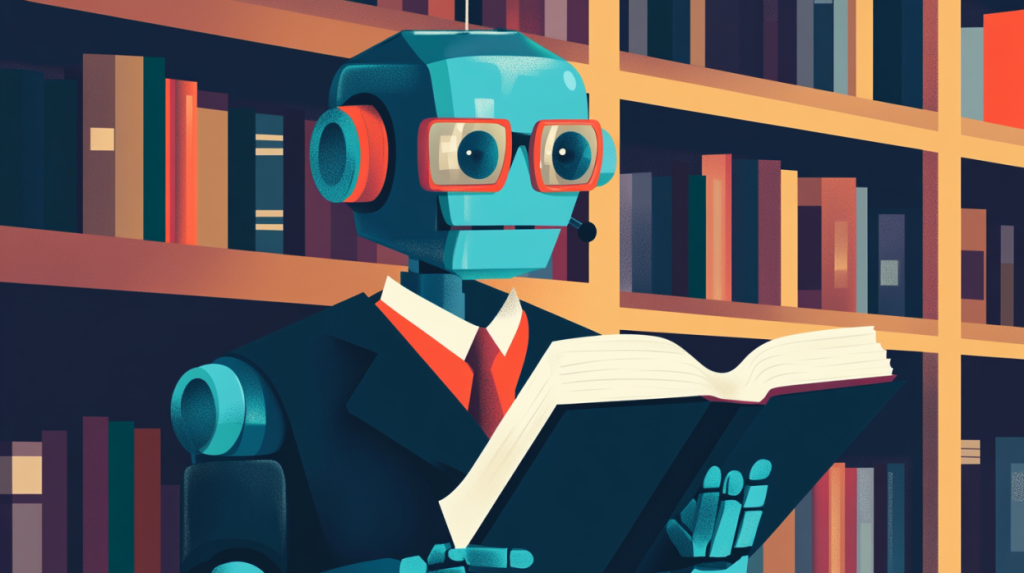ChatGPT Plus Now Available for Free to Millions of College Students — A Smart Competitive Strategy

OpenAI’s Free Offer for College Students: A Unique Opportunity
OpenAI recently announced an exciting development for college students in the United States and Canada: the premium ChatGPT Plus subscription will be available for free until the end of May. This announcement amplifies the competition with Anthropic, another company looking to capture the educational market.
What Does the Offer Include?
This offer allows millions of students to access OpenAI’s ChatGPT Plus, a service typically costing $20 per month. It features a range of advanced tools, including:
- GPT-4o: OpenAI’s most advanced AI model, providing superior responses.
- Image Generation: The ability to create images using AI technology.
- Voice Interaction: Engage in conversations with the AI via voice.
- Advanced Research Tools: Tools not available with the free version, crucial for academic work.
Leah Belsky, OpenAI’s Vice President of Education, emphasized the importance of supporting students in developing AI literacy, highlighting that it’s essential for them to engage actively with these tools.
Competition in the Education Market
This move from OpenAI isn’t just a gesture of goodwill; it’s a strategic move to secure a foothold in the education sector. Just a day prior, Anthropic announced Claude for Education, a new feature focusing on critical thinking through Socratic questioning. Anthropic also formed partnerships with various universities to provide campus-wide access. This sequence of events reflects the competitive landscape of AI products aimed at education, reminiscent of the intense competition between web browsers in the 1990s, when companies were vying for early user loyalty.
Why College Students Matter
The education market is a key battleground for AI companies. Research shows that about one-third of U.S. adults aged 18-24 already use ChatGPT, with around 25% of their inquiries related to academic tasks.
Offering students free access to ChatGPT Plus presents numerous advantages, such as:
- Higher messaging limits and priority access during peak times.
- The Deep Research feature, which analyzes academic papers and synthesizes information from multiple sources, facilitating comprehensive reviews and assisting in academic writing.
This feature allows students to delve deeper into research topics, enhancing their understanding of complex issues and differences in methodologies among studies.
Philosophical Differences Between AI Providers
OpenAI and Anthropic have contrasting views on AI’s role in education. Anthropic’s Claude focuses on enhancing students’ learning skills by functioning as a learning partner. In contrast, OpenAI’s ChatGPT is positioned as a productivity tool designed to help students accomplish more in their studies.
This difference highlights the evolving discussions around AI in academia. The use of AI now raises questions about academic integrity and how to assess student learning fairly. Schools need to establish guidelines for appropriate AI use in educational contexts.
Addressing Academic Integrity Concerns
From initial skepticism about AI’s place in education, many institutions are now rethinking how to incorporate these technologies. The established norms about assessments and examinations must evolve to accommodate the capabilities of AI.
Current trends include:
- Redesigning assignments to emphasize critical thinking and ethical reasoning over rote memorization.
- Teaching students how to collaborate effectively with AI, integrating it into their educational practice rather than viewing it as merely a shortcut.
Some universities, such as those in the University of California system, have updated their policies to allow AI for brainstorming and editing while restricting its use for final submissions without proper citation.
The Role of Tech Giants in Education
OpenAI and Anthropic are not the only players looking to influence the education sector. Tech giants like Google and Microsoft are also making strides in this area through their respective AI offerings. Google is developing Gemini for education, while Microsoft is incorporating Copilot into its educational products.
These moves highlight the strategic importance of education within the broader AI ecosystem, reflecting a shift towards integrating technology into learning environments.
Changing Higher Education
The rapid development of AI technologies necessitates a reevaluation of educational practices. Institutions that embrace these tools are capitalizing on opportunities to redefine learning and teaching methods in ways that prepare students for future challenges.
Innovative universities are introducing AI into their curricula from the outset, focusing on fostering AI literacy and ethical standards. Graduating students who are skilled in using these technologies will be well-equipped for a competitive job market.
As students gain access to these advanced AI tools, they will reshape how they study and generate content, marking a significant step in the evolution of education.






